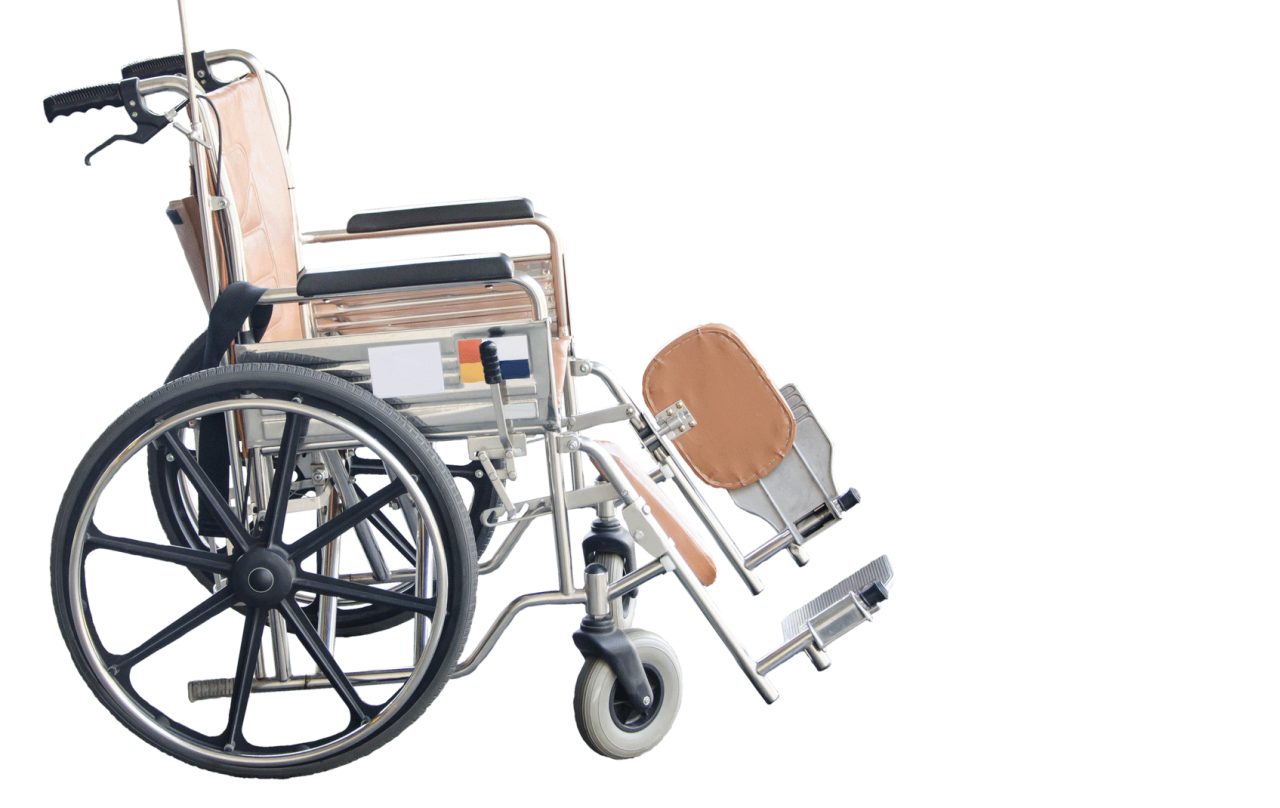Amyotrophic Lateral Sclerosis Symptoms — Page 5

Late-stage amyotrophic lateral sclerosis symptoms
In the late stages, people with ALS will have difficulty with even the smallest movements. They’ll likely be wheelchair bound, and need help with most personal care — including using the bathroom and getting dressed.
Eating becomes more difficult as the muscles that control chewing and swallowing weaken and stop working. Some people may choose to have a feeding tube to ensure they get the nutrition they need. A machine may also be necessary to help with breathing.
Dealing with amyotrophic lateral sclerosis symptoms
Although there is no cure, amyotrophic lateral sclerosis treatments can help manage symptoms. Physical therapy is helpful for preserving muscle strength and easing tightness. Speech therapy can strengthen the muscles that help with talking, chewing, and swallowing. A few medicines are approved to treat muscle rigidity in ALS.
Working with a neurologist who specializes in ALS can help you or your loved one get the right treatments to preserve function and improve quality of life.
YOU MIGHT ALSO LIKE: Who Receives an Amyotrophic Lateral Sclerosis Diagnosis?
Updated:
April 06, 2023
Reviewed By:
Christopher Nystuen, MD, MBA